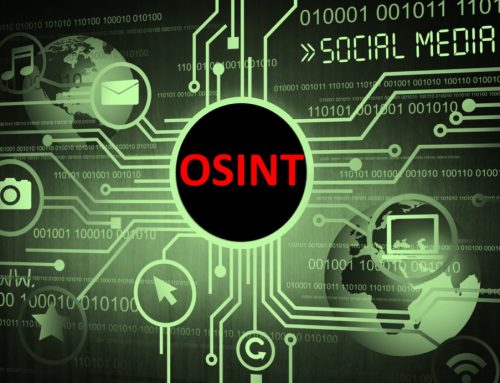Cybersecurity has become a critical concern for individuals and organizations alike. As cyber threats evolve and become more sophisticated, the role of Artificial Intelligence (AI) in strengthening our digital defenses has grown increasingly important. This article explores the significant impact of AI on cybersecurity, offering insights for those new to the field.
Understanding AI in Cybersecurity
Artificial Intelligence refers to computer systems that can perform tasks that typically require human intelligence. In the context of cybersecurity, AI plays a crucial role in detecting, preventing, and responding to cyber threats
Key Benefits of AI in Cybersecurity
- Enhanced Threat Detection: AI-powered systems can identify potential threats more quickly and accurately than traditional methods
- Automated Response: AI can automatically respond to detected threats, minimizing the time between detection and action
- Behavioral Analytics: AI analyzes user behavior and network traffic to identify unusual activities that may signal a security breach
- Reduced False Positives: Advanced AI algorithms can more accurately differentiate between genuine threats and harmless anomalies
- Predictive Analysis: AI can predict potential vulnerabilities and risks before they occur, allowing for proactive security measures
How AI Strengthens Cybersecurity
Real-Time Threat Detection
AI-powered cybersecurity systems can learn and adapt over time, recognizing patterns and spotting deviations from the norm in real-time. This capability allows for faster identification of both known and unknown threats, giving organizations an edge over cybercriminals.
Network Security Management
AI excels at monitoring and analyzing vast amounts of network traffic, a task that would be overwhelming for human security experts. By automating this process, AI can:
- Track internal and external threats
- Detect anomalies in user behavior
- Manage endpoint lifecycle
- Perform regular security audits
Vulnerability Management
AI systems can continuously scan IT ecosystems for vulnerabilities, assess existing security measures, and prioritize remediation efforts. This proactive approach helps organizations stay ahead of potential security breaches.
Phishing Detection
AI enhances email filters by analyzing text patterns to flag suspicious emails and block various types of spam. This is particularly crucial as phishing attacks become increasingly sophisticated and harder to detect.
Challenges and Risks
While AI offers numerous benefits to cybersecurity, it’s important to be aware of potential challenges:
- AI-Powered Attacks: Cybercriminals can also leverage AI to develop more complex and evasive attack methods
- False Sense of Security: Over-reliance on AI systems may lead to complacency in other areas of cybersecurity
- Data Privacy Concerns: AI systems require vast amounts of data to function effectively, which may raise privacy issues
- Skill Gap: The integration of AI in cybersecurity demands new skills from security professionals
The Future of AI in Cybersecurity
As AI technology continues to evolve, its role in cybersecurity is expected to grow. Future developments may include:
- More sophisticated predictive models for threat detection
- Enhanced automation of security processes
- Improved ability to detect and respond to zero-day vulnerabilities
- Greater integration of AI across all aspects of cybersecurity
The impact of AI on cybersecurity is profound and far-reaching. For those new to cybersecurity, understanding the role of AI is crucial in navigating the complex digital landscape. While AI offers powerful tools for enhancing security, it’s important to remember that it’s not a silver bullet. A comprehensive cybersecurity strategy should combine AI capabilities with human expertise and traditional security measures.





